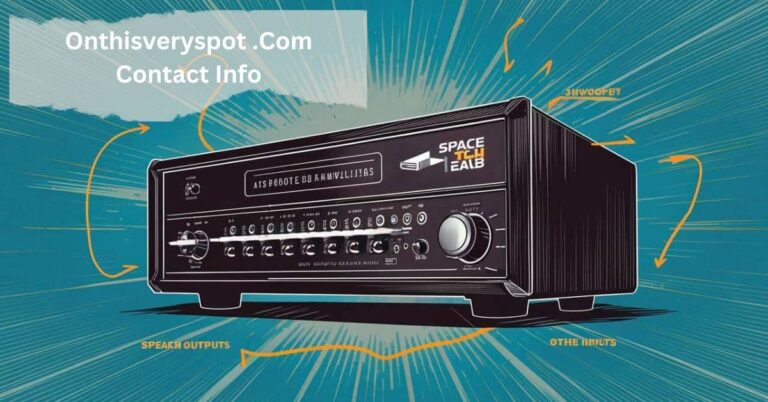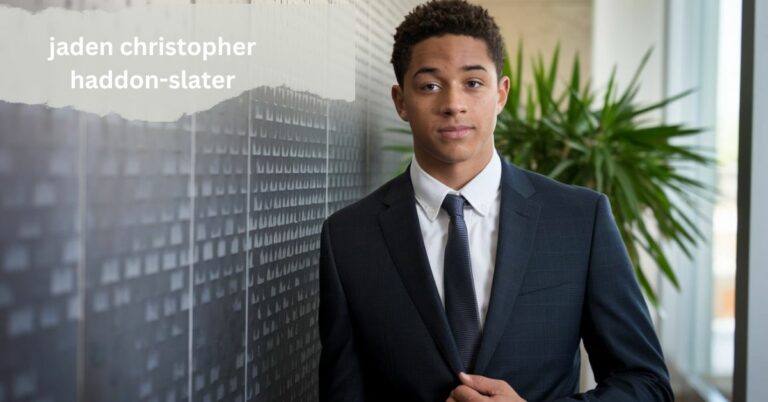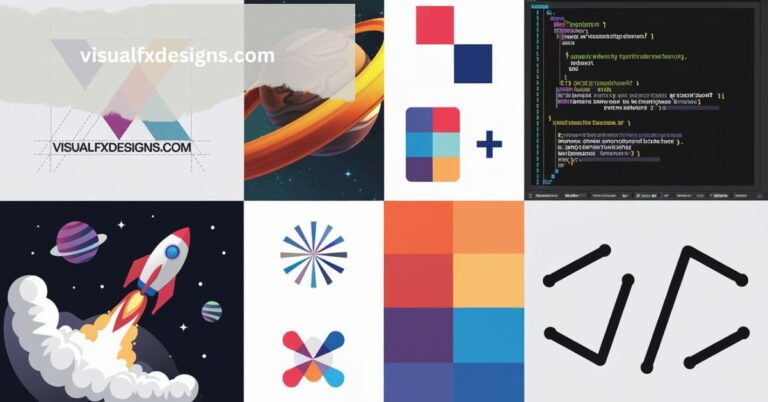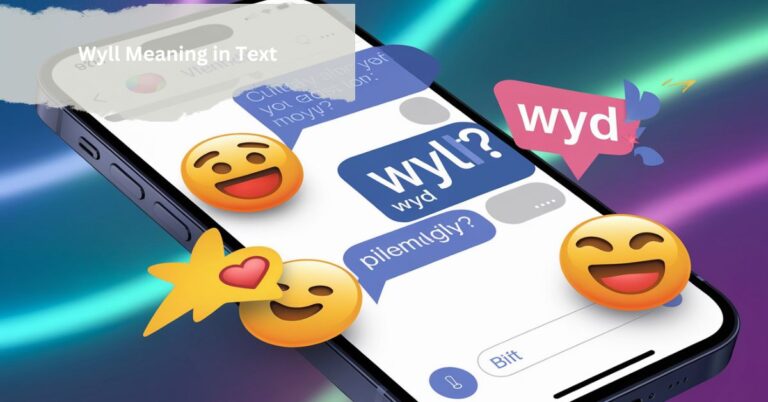Giving Back: A Guide for High School Students Aspiring To Become a Special Educator
As a high school student pondering future career paths, it’s exciting and noble to consider a profession that serves others. Choosing to become a special educator opens up a world of challenges and rewards, as you commit to making a significant impact on the lives of students with diverse learning needs. High school students have the unique opportunity to begin exploring this fulfilling career before graduation. Keep reading to discover how to prepare for and embrace the role of a special educator.
Understanding the Role of a Special Educator and the Impact on Students’ Lives
Special educators are essential in guiding students with disabilities through tailored learning plans, adaptable classrooms, and supportive environments. Their work relies on both deep knowledge and genuine compassion, often collaborating with families and fellow educators to help each child grow. The job is demanding but filled with meaningful success, especially when students reach important milestones.
Beyond academics, special educators empower students to thrive in everyday life, often becoming lifelong advocates. Staying updated with new research and evolving strategies is key to their success. For those interested in this impactful career path, exploring college scholarships for high school students can provide valuable support to begin their journey in special education.
Volunteering and Service: A Pathway to Professional Skills in Special Education
Starting a career as a special educator can begin early in life by volunteering in settings supporting individuals with disabilities. This provides students with firsthand experience, allowing them to develop patience, creativity, and leadership skills. Service opportunities may include assisting in special education classrooms, participating in camps or programs, or working with local organizations. These experiences help students communicate effectively with diverse learners and adapt to different situations.
Volunteering can be transformative, reshaping perspectives and inspiring a greater commitment to inclusivity and education. High school students who participate in service are better prepared for the rigor and empathy required of a special educator. Observing professional special educators in action can be just as educational as formal training, providing valuable preparation for future careers.
Academic Preparation: Essential Courses and Certifications for Aspiring Special Educators
To become a skilled special educator, students need a solid academic foundation starting in high school with courses like psychology, sociology, and education to understand diverse learning needs. Exploring college scholarships for high school students passionate about special education can help ease tuition costs, allowing future teachers to focus more on their studies.
Next, pursuing an undergraduate degree in special education or a related field is essential, with many schools offering programs tailored to build both knowledge and practical skills. Some educators choose to advance their expertise through masters of special education online programs, which offer flexibility for working professionals. Obtaining state-specific certifications, including supervised teaching and exams, completes the journey to becoming a qualified special education teacher.
Networking and Mentorship: Building Relationships with Experienced Special Education Professionals
High school students interested in special education can greatly benefit from networking with experienced professionals. This allows them to learn about career paths, stay updated on special education trends, and potentially find future job opportunities. Engaging with professionals can also lead to internships and experiential learning. Mentorship is crucial for professional development, as it provides practical advice, support, and insightful feedback.
Participation in education-related clubs, professional organizations, and conferences can facilitate these opportunities. Engaging in social media platforms and online forums can also help connect with professionals globally, broadening a student’s understanding of special education across different cultural and regional contexts. Networking and mentorship are essential for the growth and success of special education professionals.
Developing a Personal Philosophy of Education and Inclusivity Philosophy
A special educator’s personal philosophy of education should be inclusive, guiding future teaching styles, interactions with students, and decision-making in various educational scenarios. This philosophy is shaped by experiences, values, and the belief in every student’s potential to succeed. Recognizing the rights of all students to a high-quality education and the need for diverse teaching strategies is essential.
Developing a philosophy of education is a continuous process that evolves throughout an educator’s career, involving constant learning, self-reflection, and adaptability to new insights and changing circumstances. Engaging with literature, research, and conversations about inclusive education can enrich this process, helping future educators articulate their beliefs and align their teaching practices with their vision of fairness, respect, and opportunity for all learners.
Altogether, the path to becoming a special educator involves a blend of personal dedication, academic rigor, and hands-on experience starting from high school. Those who choose this career have the extraordinary opportunity to transform lives through education and advocacy, forging an inclusive future for students of all abilities.
- The Importance of Enterprise Document Management for Modern Businesses
- Managed IT and Cybersecurity Solutions for Financial Services
- Selling a Trade Business Successfully in Today’s Competitive Market
- AI-Powered Lead Generation for Modern B2B Growth
- Understanding Modern Window Systems in Contemporary Architecture






